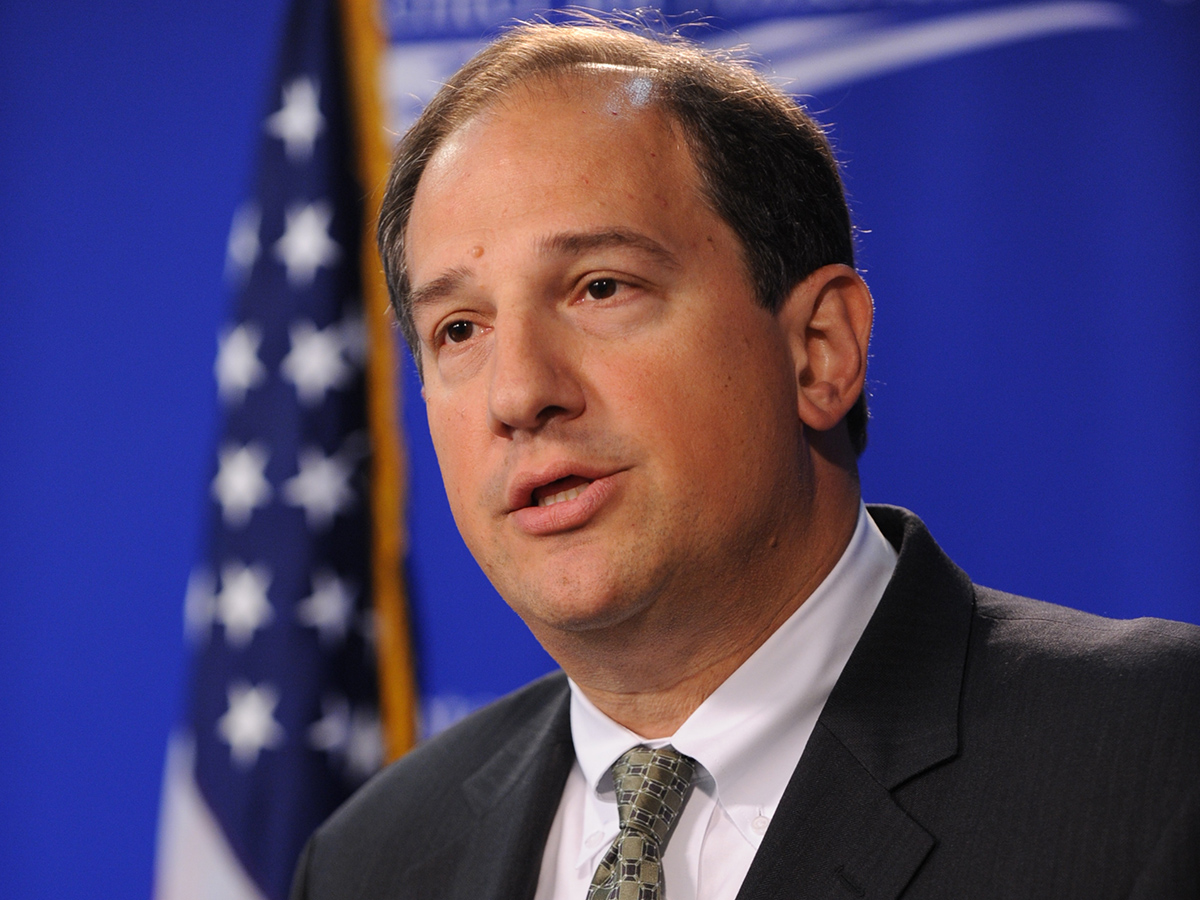DraftKings, FanDuel Form Self-Regulatory Body, Because That Always Goes Well
Update: Wednesday, 5:55 p.m.
DraftKings cofounder and CEO Jason Robins provided the following statement:
“We are committed to working with the Fantasy Sports Control Agency, the FSTA and all relevant government authorities to ensure that our industry operates in a manner that is completely transparent and fair for all consumers. At DraftKings, we recognize our responsibility to the millions of fans who are captivated by the excitement and interactive nature of daily fantasy sports, and ensuring a level and fair playing field for all players is a fundamental tenet of our company. We believe the Fantasy Sports Control Agency will help our industry establish best practices that further this important goal.”
Previously:
The Fantasy Sports Trade Association announced Tuesday the formation of the Fantasy Sports Control Agency in order to create a “strict, transparent and effective system of self-regulation” for the online daily fantasy sports industry, including giants FanDuel and DraftKings.
The fledgling industry is under fire from all sides: from federal regulators, who smell blood in the water following allegations of insider trading (or some facsimile under a handy euphemism); from state lawmakers looking for their cut; and from disgruntled users filing a new class action lawsuits, like Nash Weitzman, who lost nearly half a million dollars playing DraftKings and FanDuel.
Heading the FSCA will be former Acting U.S. Secretary of Labor Seth D. Harris, who, along with members of the FSTA board, has already met with professional sports leagues and “key industry stakeholders.” The FSTA also announced it would retain a “major accounting firm” to monitor and audit the new agency.
“The issues and opportunities facing the fantasy sports industry can be best addressed through an independent agency supported by the industry and its members,” Harris said in a release. “The FSTA will continue to work closely with state and federal lawmakers and regulators as we develop and implement strong integrity programs. We are confident that an independent control agency can prevent any unethical, dishonest, or unfair behavior. In the process, we can save lawmakers and regulators the cost and effort of intervening so that they can expend their limited resources on bigger and more societally important challenges.”
When pressed by the Boston Herald, Harris dismissed the notion he’ll be a fantasy sports lobbyist. “My fees are going to be paid right now by the trade association,” he told legal columnist Bob McGovern. “We’re going to establish a financial support structure for the control agency so money is paid by the member companies of the FSTA. We haven’t decided what that’s going to look like, yet.”
Attorney General Maura Healey is skeptical at best, telling the Herald: “I highly doubt that I would be satisfied, as a consumer protection matter, trusting or relying on that industry to regulate itself.”


